Global Reset: Traveling for the Good of the Planet & Each Other
The COVID-19 pandemic gave us a wake-up call to become better travelers – and that’s just what the world needs. Here are 6 tips to help you travel more sustainably.
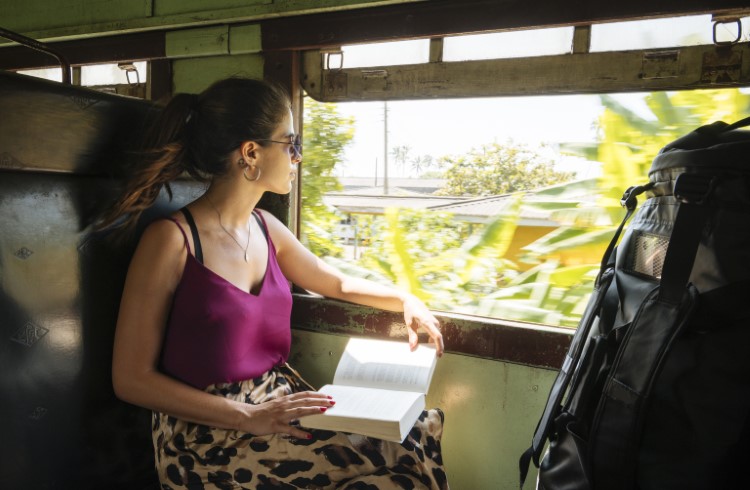 Photo © Getty Images / Ben Pipe Photography
Photo © Getty Images / Ben Pipe Photography
No matter what kind of traveler you were before the COVID-19 pandemic, the world is different now, and so are you. As hard as it’s been – and for many, as heartbreaking – COVID-19 has given us the chance to reflect on what truly matters, to be grateful for what we have, and to realize just how connected all of us are.
As travel opens up, little by little, we have the opportunity to venture from the safety of our homes out into the world again, this time with a mindset that asks not just “what can I get?” from a destination, but also “how can I best contribute?” to the recovery of a place and the people who live there.
Traveling with care doesn’t just have the potential to benefit others, it enriches our own journeys in unexpected and delightful ways, too – both during our stay and once we return home and remember the people we met, the places we explored, and the lessons we learned along the way.
See how many of these travel-better ideas you can incorporate into your next trip.
1. Help prevent overtourism
With 1.5 billion international traveler arrivals in 2019, global tourism was on track to grow another 3-4% in 2020. We all know what happened next, but what we don’t quite know is how to prevent tourism from bounding back to the same overloaded hotspots as before.
Some countries and destinations are taking action now to prevent over-tourism and its associated harms.
By the time international travel fully resumes, Amsterdam’s mayor is hoping her plan to slow the tide of tourists will have come into effect. The plan seeks to ban coffee shops from selling cannabis to travelers, along with restrictions on short-term rental properties and sex tourism. The city has a population of 870,000, yet 21.7 million people visited the city in 2019 – little wonder the reprieve has been welcomed by so many.
In Venice, a new law passed in April prevents large ships from docking or passing close to its historic center, and the mayors of both Venice and Florence have made 10 recommendations to the Italian Government to curb over-tourism. One suggestion they hope will be especially effective is to limit short-term Airbnb and Vrbo rentals to just 90 days a year.
But what can we as travelers do to help? Going where you’re welcome – and when – is a great first step. Been to Venice before? Why not explore other parts of Italy? Bologna is foodie heaven, Puglia is fascinating, Terni is full of surprises.
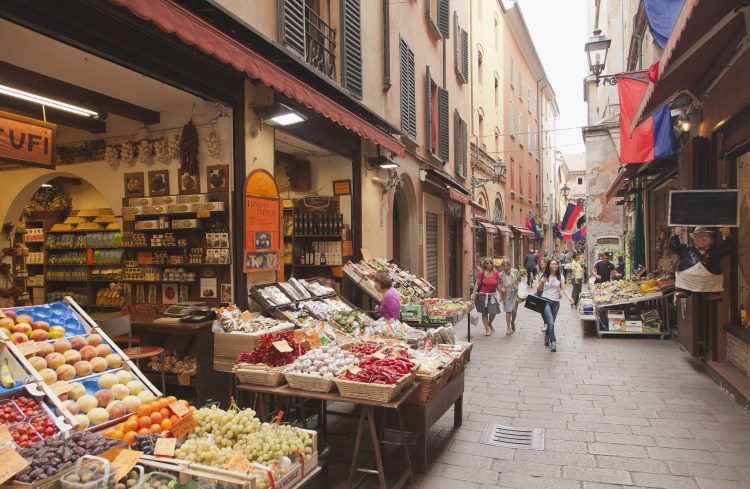
If you have your heart set on a popular spot, consider going in the off-season, and spending less time in the most touristed areas before venturing further afield. Enlist the help of local tour operators and tourism boards for ideas.
2. Embrace slow travel
The slow-travel movement was gaining traction before travel ground to a halt, but remote working and a yearning for meaningful connection have made this style of travel all the more possible and appealing.
Stay long enough in a destination that you can fall into step with the rhythms of locals and get to know the soul of a place. Frequent a neighborhood restaurant, sign up for a weekly workshop, take in the details (keep a journal or sketchbook), and strike up a conversation. See less, experience more.
As for getting around, why not replace plane travel with train travel? Doing so generates a fraction of the emissions of flying. Bus travel is the next best option when it comes to your travel footprint.
Many of us have embraced cycling and walking in the past year, and there’s no reason to stop when we can travel – getting around under your own steam is a great way to connect with a destination's people, food and culture. The slower you go, the more rewarding your travels can be.
3. Spend your travel dollars wisely
With airlines in trouble, countless jobs lost, and wildlife more vulnerable than ever, the positive impact tourism can have around the world has become glaringly obvious.
Our travel dollars have the potential to do real good – but only if we spend them consciously. Instead of staying in a global hotel chain, consider a family-run guest house or eco stay. Seek out ethical tours run by locals; support social enterprises working to empower vulnerable people; visit sanctuaries that put animal welfare first.
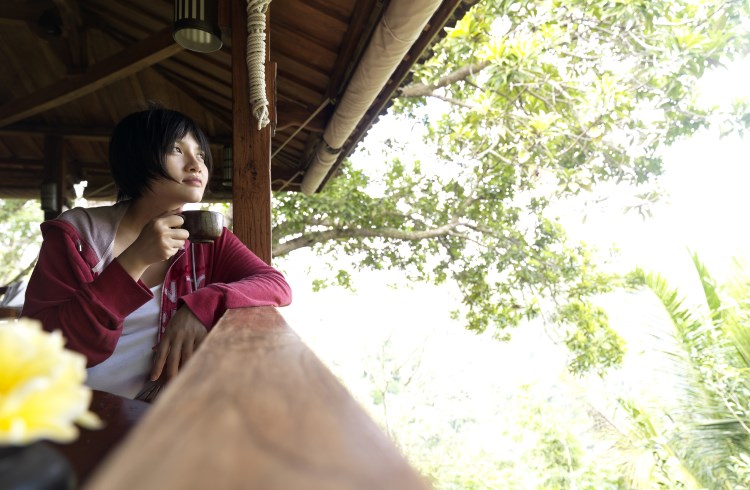
In Africa, tourism’s knock-on effects extend well beyond employment and food security. Tourism dollars are crucial for conservation, preventing poaching and community development. If travel is still a ways off for you, consider booking a trip now and taking it later – this simple act can do enormous good.
Encouragingly, a global coalition of responsible travel organizations has been formed to support the recovery of travel in a more sustainable way. Called Future of Tourism, the coalition’s guiding principles are being adopted by an ever-growing number of tourism boards, companies, and operators.
4. Stay COVID-safe and smart
As much as we wish things could go back to normal, we need to accept the new normal – one where COVID-19 is still a reality. Regardless of the protocols in place, protect yourself and others by regularly sanitizing your hands, practicing social distancing, and wearing a mask in crowded areas. Get tested and self-isolate until you get the results if you experience any symptoms – you know the drill.
International borders are likely to remain in a state of flux for some time to come. Taken for granted for so long, travel has now become a privilege. Rules can change with little notice as governments respond to outbreaks and changing advice, and your plans may have to change too – get excited about your trip, absolutely, but prepare to be flexible.
If there’s an option to register your contact information for COVID-19 tracking when you visit a café, museum, or other venue, do so. Community-minded thinking is vital in these volatile times and the more we can work together, the sooner things really will get back to normal.
5. Become an eco-traveler
A pause in tourism has taken the pressure off destinations struggling to deal with visitor-generated waste and the resources it takes to look after them – consider the sheer number of plastic water bottles and the water and energy required to launder hotel room sheets and towels as just two examples.
Packing a reusable water bottle – with a filter – is essential, but why not also pack a reusable shopping bag, bamboo utensils, eco-toiletries, and a washable face mask? Pack multifunctional mix-and-match clothing you can layer according to the weather (packing lightly minimizes the greenhouse gas generated on a flight) and avoid chemical-laden sunscreen, insect repellent, and toiletries wherever possible.
6. Travel with kindness
It’s taken a global pandemic for us to realize how interconnected we are and that, really, we value the same things – human connection, good health, and safety. Traveling with empathy and respect is a hallmark of the responsible traveler. Tip generously wherever you go, especially when it makes a difference in the lives of people who help carry your bags, show you the sights, or clean your room; acknowledge great service in online reviews and in-person; learn enough about local customs that you can visit important sites respectfully, take photos without causing offense, and avoid social gaffes that leave you looking silly.
Kindness extends to what you buy and eat, too. Make sure any souvenirs you buy genuinely benefit local communities, and that you know what’s in that curious-sounding dish you’ve spotted on the menu – if anything you eat or drink involves cruelty to animals or harms endangered species, it’s better to be aware so you can avoid it.
Related articles
Simple and flexible travel insurance
You can buy at home or while traveling, and claim online from anywhere in the world. With 150+ adventure activities covered and 24/7 emergency assistance.
Get a quote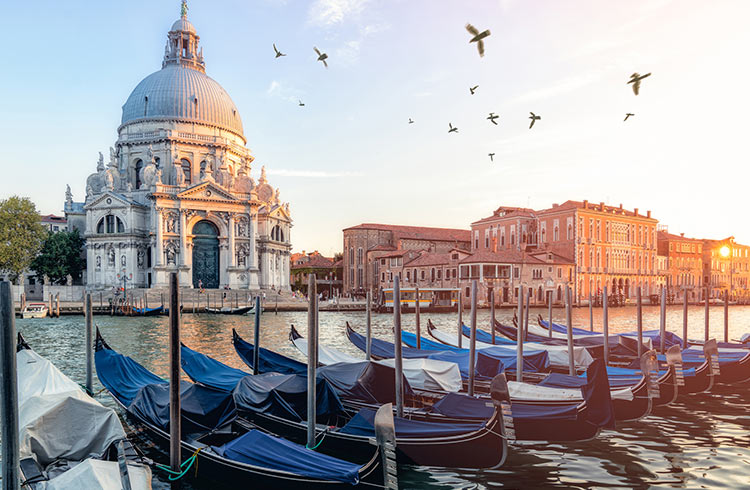
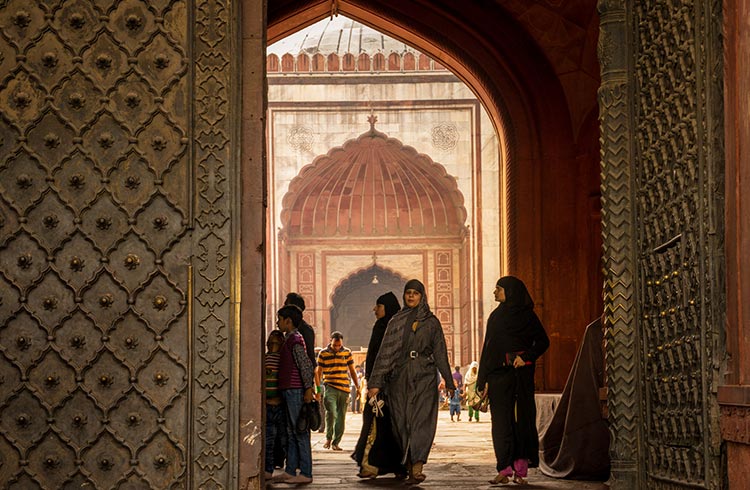
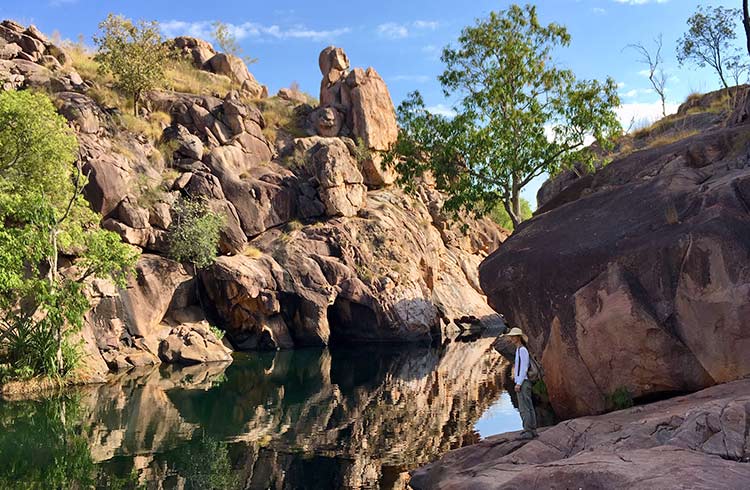
No Comments